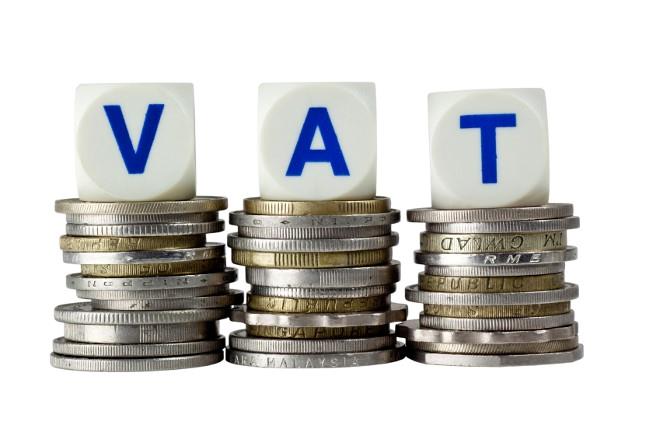Businesses can reclaim the VAT their travellers incur on foreign trip, yet many don’t bother because the process is so difficult. Now all that is changing ...
Consider these statistics:
yet
Put another way, companies have the potential to save significant sums if they recover VAT on foreign trips – but many don’t take what is potentially available to them.
“Foreign VAT is a major lost opportunity for many companies, but there is a good reason why it is lost,” says TravelpoolEurope managing director Søren Schødt. “Getting your money back is a nightmare. The process is difficult and the rules governing what can and cannot be reclaimed are extremely complicated.”
There has been some improvement over the past few years. Until recently, EU-based companies needed to send separate claims to the tax authorities in each country, with paper invoices attached. Now they can send a single claim covering all EU countries to the tax office in their own country, and they only need attach electronically scanned versions of the invoices (although in some countries the paper copies have to be retained for inspection).
However, many claims end up being rejected, leading to significant delays because tax offices are reluctant to arbitrate between claimants in their country and tax offices in other countries. Many claims fail to comply with all the complicated rules they are required to follow. According to Schødt, the two issues which most commonly lead to rejections are:
The good news is there is a solution to all these difficulties: paying someone else to deal with them. “Recovering foreign VAT is a classic case of a process it makes complete sense to outsource,” says Schødt. “Specialist VAT companies can do a far better job because they have the economies of scale and the expertise to handle a task which can only distract businesses from their core activities.”
And now VAT specialists, and expense reporting tool providers like Concur, are enhancing their services with technology. Scanning receipts using optical character recognition generates automated VAT claim submissions to process claims faster and more accurately. One company has even started working with MasterCard to create VAT claims based on extracting data from card statements.
TravelpoolEurope has chosen to work with a VAT specialist called Taxeo, which takes a different approach. It too digitises paper invoices and forwards them on clients’ behalf, but Taxeo goes even further with hotels with which it has signed partnership agreements. In these cases, the hotel directly transmits a digital invoice to Taxeo every time a Taxeo corporate customer checks out of the property. This arrangement ensures the invoice is always correctly addressed and, because the invoice is fully itemised, the correct VAT is applied to each element of the bill.
VAT may be a headache, but it is a malady which is becoming increasingly easy to cure.
 The TravelpoolEurope perspective – don’t miss out on getting your money back
The TravelpoolEurope perspective – don’t miss out on getting your money back
Foreign VAT recovery is like a nightmare where you reach out for something you know is there for you but can never grab. Now, thanks to outsourcing and technology, this is a saving which can finally be grasped. VAT specialists only get paid a proportion of the money they recover, so the exercise is self-funding. It is time to give this subject another look.
The complexities of VAT recovery
Even within the EU, every country has different rules governing VAT, making it impossible for anyone other than specialists to master all the details. Here are just a few examples:
Organising a meeting? The situation is even worse!
Rules governing VAT for regular travel are hard enough to follow, but paying for foreign meetings, especially when organised through a third party, adds even more layers of complication. Whether or not VAT can be recovered depends on where the service has been considered to be supplied (in the country where the meeting takes place, where the third party is based or where the client is based). It also depends on the contractual relationship between the third party and the client.
The short answer to the contractual problem is the third party needs to act as a “disclosed agent”, not a principal, but that means the client needs to sign contracts directly with the meeting suppliers. The third party cannot sign on their behalf. Always take advice to ensure you are handling meetings in a VAT-compliant and efficient manner.


Mailing list
Sign up if you would like to